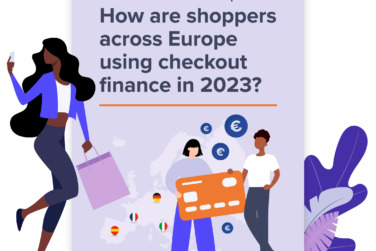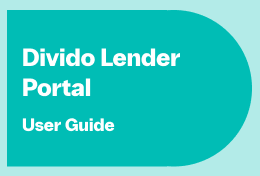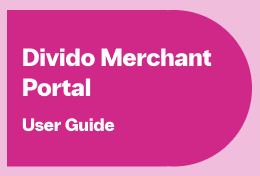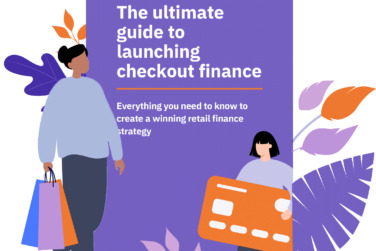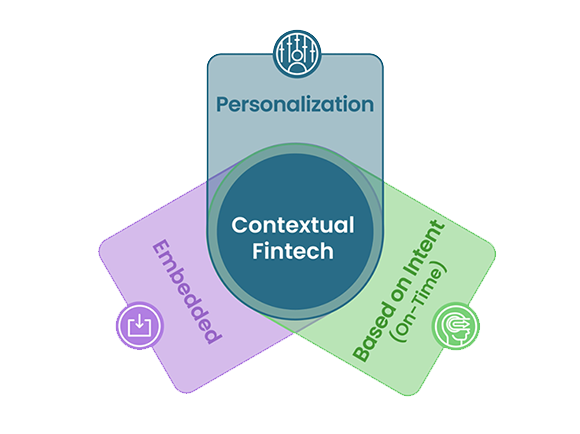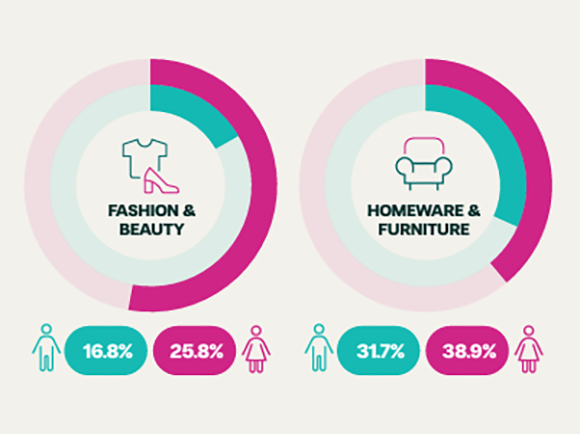
The global BNPL market is set to be worth $3.98 trillion by 2030. But with regulators around the world now looking into BNPL, all with a view of protecting consumers, is it going to become harder for the market to grow?
The incumbents don’t think so. The BNPL market has been busy. Revolut and PayPal now offer versions of BNPL schemes; Square stepped into the space by acquiring Afterpay; Affirm announced a partnership with Amazon; and investors pumped $639m of new funds into Klarna, making it the world’s second most valuable fintech. Clearly not everyone is worried by what the regulators might do next.
Here are some clues to where BNPL regulation is heading in different countries, and who might benefit.
UK
The UK has flexed its muscles first. In February last year the Financial Conduct Authority (FCA) published The Woolard Review into the unsecured credit market. Its intention is clear from the first page of the report: “While the emergence of unregulated BNPL products has provided a meaningful alternative to payday loans and other forms of credit, BNPL also represents a significant potential consumer harm.”
The recommendations (26 of them) amount to a tightening of the rules around BNPL. Providers will need to carry out more stringent affordability checks on customers, evidence their financial sustainability, and ensure their staff are trained to industry standards. This will all cost money, cut margins, and detract new providers entering the market.
Yet despite the review calling for regulation as “a matter of urgency”, action has been slow and limited. The FCA’s 2021/22 Business Plan, published on 15 July 2021, had scant mention of The Woolard Review. That said, the broad tone suggested the push for regulation is not going away. As global law firm DLA Piper suggests: “Firms should read the Business Plan as a marker that “tick-box” approaches to compliance are unlikely to suffice in consumer credit markets…”
The matter has since passed to the Government’s Treasury (HMT) department, a sign that the UK plans to tackle BNPL by amending the existing legislation in order to close down the loophole that enables BNPL providers to offer credit without first obtaining authorisation to do so. HMT’s initial consultation closed on 6 January 2022, and, in addition to outlining its proposed new suite of rules, asked for views on what differentiates BNPL finance products from other forms of short-term interest free credit products, and what the perceived harm to consumers might be. This is a clear signal that the Government sees the BNPL market as an essential part of the credit ecosystem and has no intention of closing it down.
That said, the wording of the consultation suggests the Government’s focus is on curbing the behaviour by finance providers that enable consumers to get into debt quickly without appropriate safeguards; and to stop unregulated BNPL products reemerging in another form by making use of the exemptions and loopholes. It remains to be seen how the market will react to the proposed changes.
EU
The European Union is set to extend its rules on consumer credit to provide more protection for consumers. In June 2021, the European Commission presented a new proposal to regulate consumer credit, bringing BNPL products under the scope of the regulation.
This proposal will require BNPL firms to provide more information to consumers and not solicit consumers without their permission, but fall short of imposing more significant prohibitions. Whilst there are some parallels with the UK’s proposed approach, the new EU-wide rules do not go nearly as far.
Meanwhile, influential consumer rights group BEUC have called for BNPL schemes to fall under the EU’s Consumer Credit Directive. While in Sweden, the government there amended the Swedish Payment Services Act in May 2020, so that now merchants must display a list of payment options that do not contribute to consumer debt. Klarna and the Swedish regulator have since clashed over the interpretation of the new rules, with Klarna eventually introducing a “pay in full” option that avoids instalment payments. The Secretary-General of the Swedish Consumers’ Association warned that markets thinking of inviting Klarna to its shores should “be suspicious…and learn lessons from what we have seen here in Sweden.”
Ireland
In June 2021, Ireland published the Consumer Protection (Regulation of Retail Credit and Credit Servicing Firms) Bill 2021. If passed in its current form, it will bring the BNPL sector squarely in line with other Irish financial regulation, which includes needing to be authorised by the Central Bank of Ireland (CBI).
To do so, providers must demonstrate that they are able to meet standards around governance and management, staffing, credit policy, IT systems, outsourcing and ownership. If the Bill is passed, BNPL firms will have only three months to apply for authorisation.
Australia
In March 2021 the Australian Finance Industry Association announced a new Code of Conduct for BNPL providers there, which “goes above and beyond the law in Australia…” To be compliant, BNPL providers must carry out assessments before a customer can make a purchase; and disputes under the code will be managed by the Australian Financial Complaints Authority. BNPL providers that are found to have acted outside the rules will be reported publicly.
US
In the US, where States control many of their own laws, comprehensive regulation can be challenging. However, in most cases, BNPL is regulated by a loosely fitting combination of federal and state laws under various consumer credit regimes. The applicability and extent of such regulation depends, in some instances, on how those laws define ‘credit’ and, whilst the federal credit reporting system brings a measure of control to the BNPL space, it is fair to say that the position in the US is fragmented and ad hoc at best.
But recent events suggest that the rise in the BNPL market in the US is not about to go unchecked. In July, the Consumer Financial Protection Bureau (CFPB) issued a guidance note to consumers advising them of what BNPL is and how to avoid falling into debt traps. The CFPB also issued a consent order to BNPL firm Greensky LLC, finding that Greensky had violated several provisions of federal law designed to protect consumers – by issuing loans to consumers without their knowledge or consent. Greensky was ordered to pay a fine to the CFPB, compensation to affected consumers and cancel the outstanding loans.
Consumers have also taken matters into their own hands. In June, a customer of global BNPL giant, Afterpay, filed a class action lawsuit in California, alleging that consumers were ‘deceived’ into taking out finance without being told the true cost of a loan in the event that late payment fees kick in. Whilst Afterpay has vigorously denied the allegations, it is clear that the BNPL market is under close scrutiny and that the CFPB has shifted its stance from analysing the market and gathering data to taking direct enforcement action. It comes after Californian regulators forced Afterpay to refund $900,000 to consumers and pay $90,000 in administrative fees after concluding that their BNPL service amounted to illegal loans.
More widely, non-bank lenders (of all kinds, and so including BNPL providers) are also subject to regulation by the U.S. Federal Trade Commission and the U.S. Consumer Financial Protection Bureau, who will scrutinize lending practises for what are called Unfair, Deceptive or Abusive Acts or Practices.
Who wins?
The direction of travel seems clear. Regulators everywhere are gearing up for more oversight of the BNPL market. Compliance to new rules will come at a cost; perhaps enough to put some providers off. Conversely, traditional lenders that are already equipped to navigate regulations will fare better.
This matters to the big multinational retailers that are looking to offer BNPL to their customers. Some BNPL operators may need to make considerable adjustments to their operations, and this will disrupt their service. More opportunist providers may find their new regulatory obligations too burdensome and eye an exit altogether. All this creates uncertainty for retailers; and the risk of temporarily not being able to offer BNPL to their customers.
The safer bet is to partner with big banks and traditional lenders, that are already geared up for compliance. But enabling these partnerships is easier said than done for retailers that have customers around the world. The true answer is to partner with a platform that can bridge to a variety of established lenders and manage all the integrations and heavy lifting involved, wherever the retailer has markets; and consolidate all this activity so that it can be effectively managed, and so scaled.
This is the best way for retailers to ensure they win, regardless of where BNPL regulation heads.
Divido’s whitelabel retail finance platform helps lenders fully customise their BNPL offering and get to market fast. Our award winning technology is powering the retail finance programs for some of the world’s leading lenders.
You might also
be interested in
Keen to know more?


